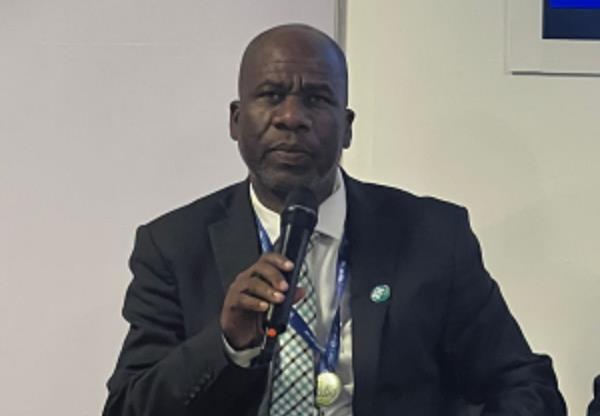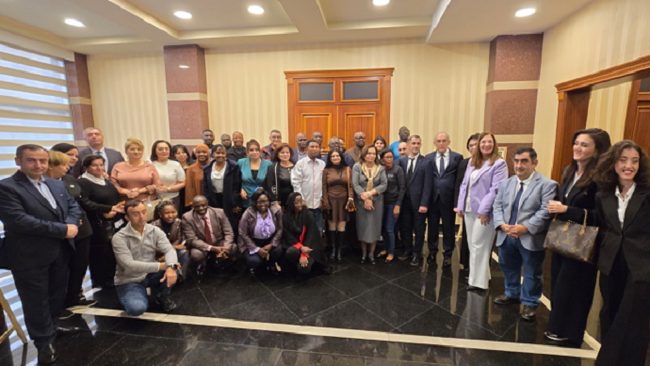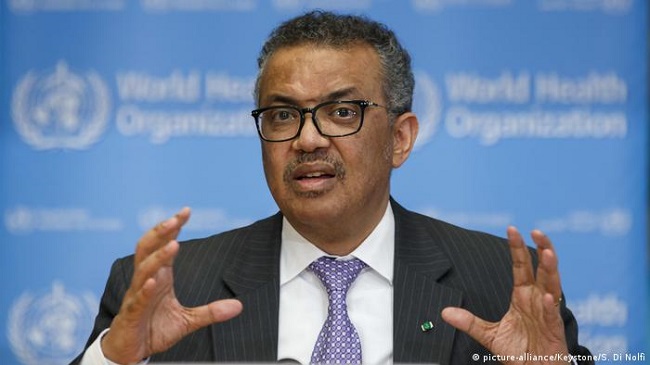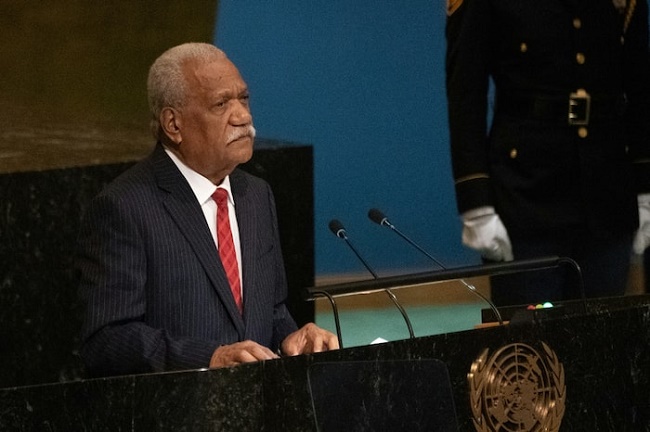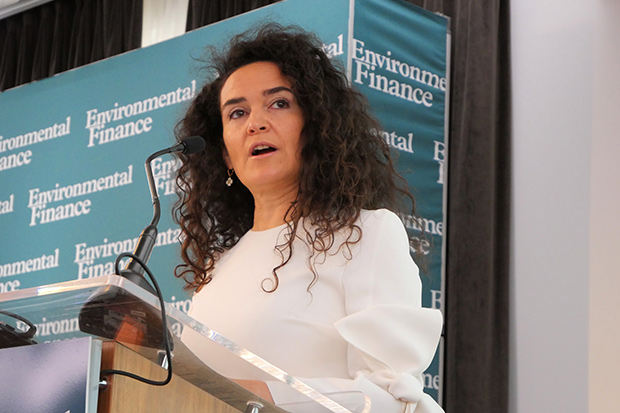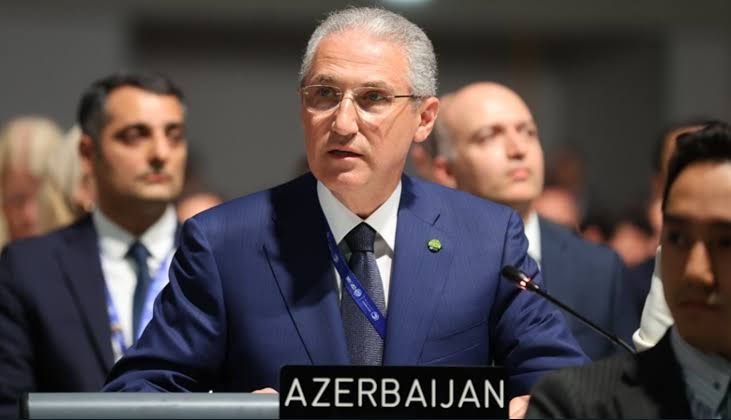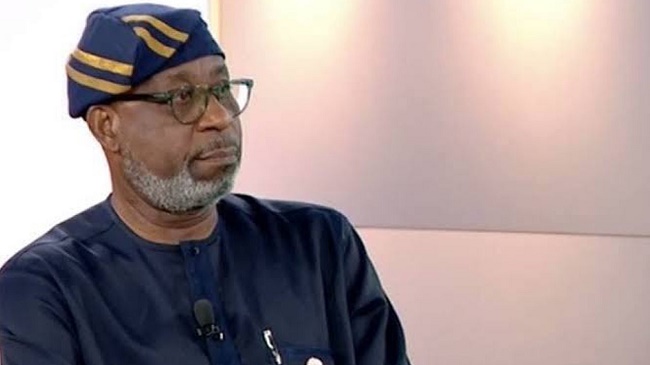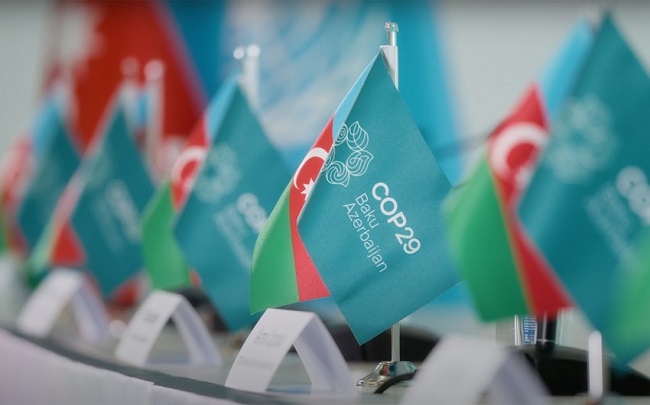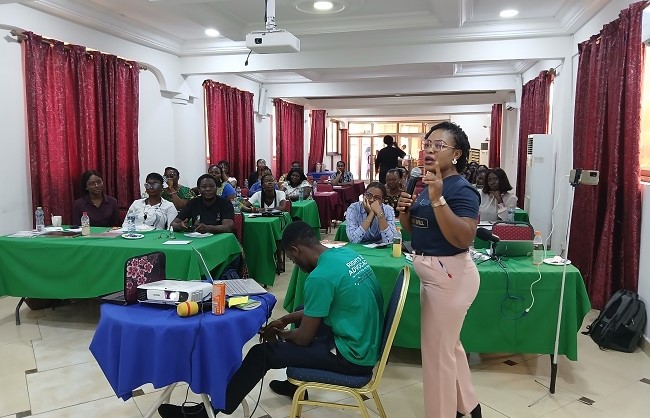Gov. Babajide Sanwo-Olu of Lagos State has called on residents of Banana Island to continue obeying the building and environmental laws of the state, in order to mitigate the effects of flooding in the area.
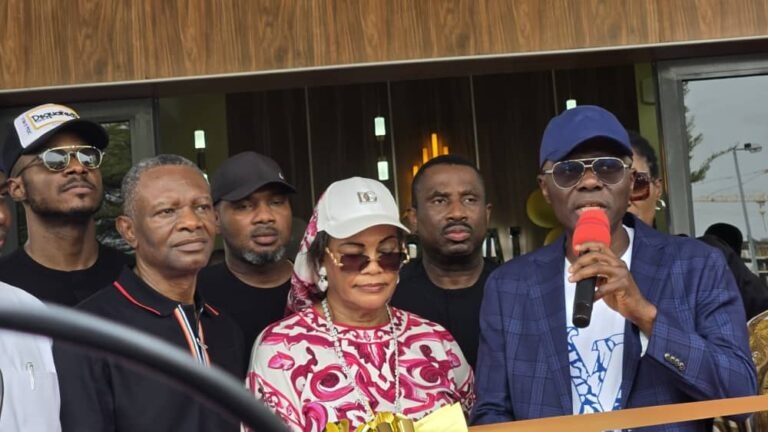
Sanwo-Olu made the call on Saturday, November 9, 2024, at the inauguration of some projects undertaken by Banana Island Property Owners and Residents Association, Lagos (BIPORAL).
The projects inaugurated include the Banana Island Administrative Office, a recreational park, Banana Island Club House, a fire fighting truck, a tennis court and an astroturf five-a-side football pitch.
Sanwo-Olu decried the lack of maintenance culture, tasking the residents to maintain the facilities for the benefit of the public and future generations.
He, however, commended them for compliance with the state environmental and building laws, urging continuity.
The governor also lauded the efforts of the outgoing executives of the association, led by Mr Frank Aigbogun, and the new executive of Mr Abidemi Sonoiki for a good working relationship with government officials.
“Lagos State officials enjoy good working relationships with current executives to ensure necessary fees are paid to the government and residents keep within the rules of engagement in the estate.
“As a government, what we can do is to continue to support you, while you also complement the government’s effort in infrastructural development,” Sanwo-Olu stated.
Earlier, the residents appealed to the governor for immediate intervention over persistent flooding of the area, particularly whenever it rains, apparently due to drainage challenges, especially on the road leading to the estate.
Sanwo-Olu pledged that the Ministry of Environment would inspect the road to find lasting solutions.
He noted that the flood is caused by houses built on the water channel around the area, adding that the government would not hesitate to demolish such houses after inspecting the area.
“Somebody has built a house on a channel of water that is supposed to be flowing to the sea.
“I plead with you to work with us. I don’t have an interest in demolishing people’s houses or making life uncomfortable for them, but we have to do what we have to do.
“Meanwhile, I will direct the Commissioner, Ministry of the Environment, and Office of Drainage, as well as Waterfront Infrastructure to look at what the issues are and come up with possible and permanent solutions to the problem.
“I know that the challenge on that road is a major outfall. It needs to be able to discharge that water, right, onto the canal out on the right and see how we can also navigate some canal and get it on the left,” he said.
The governor advised the new executive members to apply wisdom and draw from the experience of their predecessors.
Similarly, Aigbogun urged the incoming executives to build on the success of his team.
The outgoing chairman, however, noted that residents in Banana Island did not build on drains.
“Most of the houses built on drains are outside Banana Island and not inside.
“We work hand in hand with the Lagos State Government and I urge the incoming executives to do the same,” he said.
On his part, Sonoiki said that being a member of the outgoing executive had prepared him for the task ahead.
“I served as the public relations officer in the outgoing executive, so I understand what needs to be done to ensure that residents have a peaceful and enjoyable home to come to.
“Also, my focus is to ensure that we have a first aid service here so that in cases of emergency we can be well equipped,” the new chairman said.
In a related development, Governor Sanwo-Olu, has restated his administration’s determination to transforming the state into a smart city, where technology and sustainable urban planning converge.
The governor gave the assurance at a Global Property Conference held on Saturday in Lagos.
The conference was organised by Gtext Holdings, a conglomerate that covers real estate and other businesses.
The governor, at different forums, stated that by 2030 the smart city ambition of the state would have been fully realised.
Sanwo-Olu, represented by Mrs Temitope Akinbola, the Director, Lagos State Real Estate Regulatory Authority, said the state government had initiated projects to improve housing affordability and infrastructure.
“Also, partnering with private investors to develop housing projects, meeting diverse income levels.
“This is all part of our larger vision to ensure that every Lagos resident has access to safe, secure, and affordable housing,” the governor said.
Also speaking, a legal practitioner, Mr Femi Falana, urged parties seeking to succeed in the real estate sector to seek professional advice and make integrity their watchword.
“You need to study the environment; partner with those already in the business; and learn the act of succeeding in the business.
“Once you can do that, you must ensure that you are not too much in a hurry to make money to the extent that you sacrifice integrity,” he said.
He also urged young professionals to seek financial, and legal advice, and to know the rudiments of the business in order to succeed.
According to him, this entails familiarising themselves with laws governing real estate in the country, the Land Use Act, and other relevant laws.
“So, you must also join the movement to get the government to contribute more in terms of prices of building materials.
“Also, in terms of registration of title documents, and reducing the cost of registering and processing documentation,” Falana said.
Founder, Gtext Holdings, Dr Stephen Akintayo, said that the conference was apt as the real estate sector was going through a tough season – from legal to police issues to government policies.
“I believe that if we want to get the Nigerian economy back on track, create jobs, boost the economy, we can turn Nigerian economy around just with the real estate sector.
“However, the bottlenecks have to be removed.
“First of all, the Land Use Act is not working the way it should work.
“The Land Use Act intends to provide affordable housing,” he said.
By Aderonke Ojediran and Esenvosa Izah

